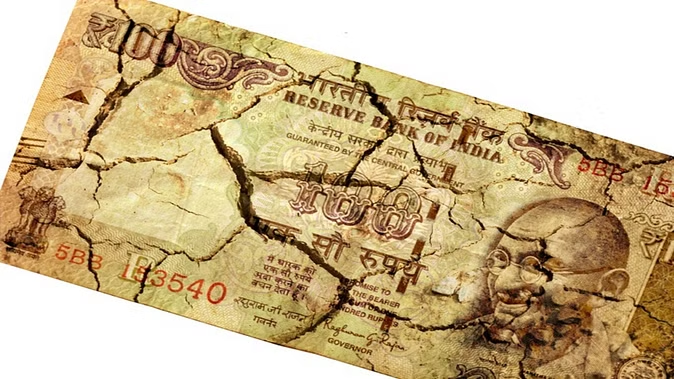The holy month of Ramzan is starting from Tuesday (March 12) across the country. This month is very special for all Muslims, fasting (Roza) in this month brings blessings, and prayers are accepted. Almost everyone, from adults to the elderly, observes Roza. Fasting is beneficial for health in many ways in studies, hence fasting can also have many benefits for health.

If you are also going to keep fasting in this holy month of Ramadan, then it becomes important to keep in mind some things told by doctors. Health experts say that people who already have any kind of chronic disease, or diabetes or are suffering from serious diseases should take the advice of their doctor before fasting. Staying without eating or drinking anything throughout the day can increase problems.
What is the advice of doctors?
Doctors say that people suffering from certain types of diseases, especially those suffering from diabetes, may have to face many challenges in fasting during the month of Ramadan. Having an empty stomach for a long time can cause insulin-related problems and increased blood sugar. Apart from this, the gap in medicines increases the risk of health problems.
Similarly, people suffering from heart and blood pressure also need to be careful about their health during Ramadan. People who are on medication should take the doctor's advice before fasting.
Even if you are healthy, you should pay serious attention to some things to maintain your health during Roza.
It is important to avoid dehydration
During Ramadan, you remain without drinking water most of the time, in such a situation the risk of dehydration is highest. The problem of dehydration can have many side effects on health, it increases the risk of low blood pressure, fatigue, and dizziness. Therefore, fasting people should include as many of those things in their diet as possible so that dehydration can be avoided.
Drink plenty of water while starting and completing the fast. To prevent your body from losing water throughout the day, consume hydrating foods like watermelon, cucumber, and soup.
Take care of the nutritional value of your diet
To maintain energy levels and keep the body healthy during Roza, opt for a balanced diet, which includes carbohydrates, lean proteins, healthy fats, and fiber-rich foods. To avoid digestive problems, avoid excessive consumption of fried or sweet foods during Iftar. Be sure to include fiber-rich items in your diet.

Start each day of fasting with a nutritious diet that includes slow-digesting foods like whole grains, eggs, and yogurt to provide sustained energy throughout the day. Avoid excessive caffeine and salty foods, which can lead to dehydration.
Listen to your body, don't ignore it
If you experience symptoms like dizziness, weakness, or excessive thirst during fasting, then definitely consult an expert in this regard. The most important thing is that you listen to your body's needs and pay serious attention to them. If this kind of problem persists for several days, then definitely consult a doctor in time.
(PC: iStock)










